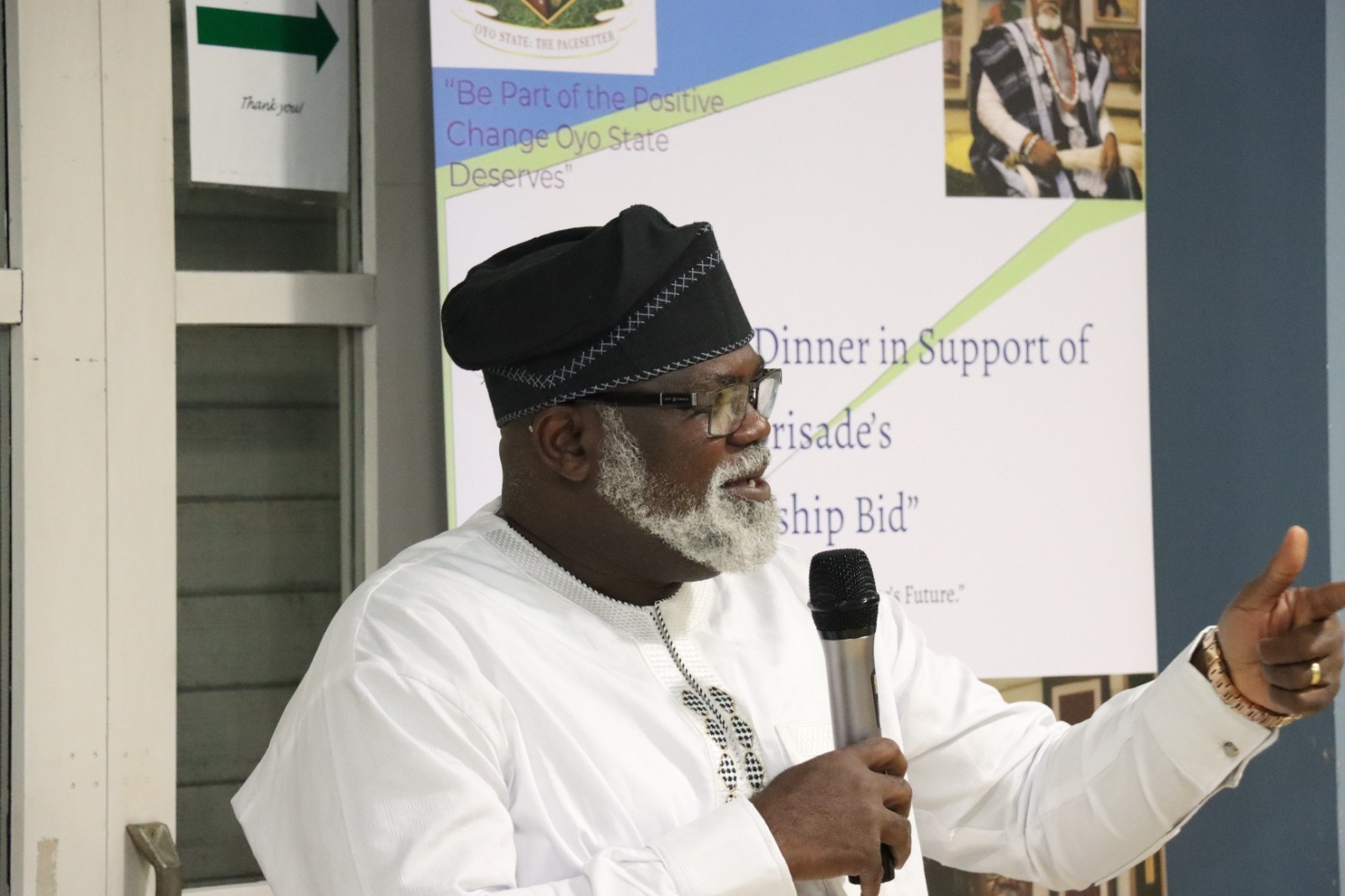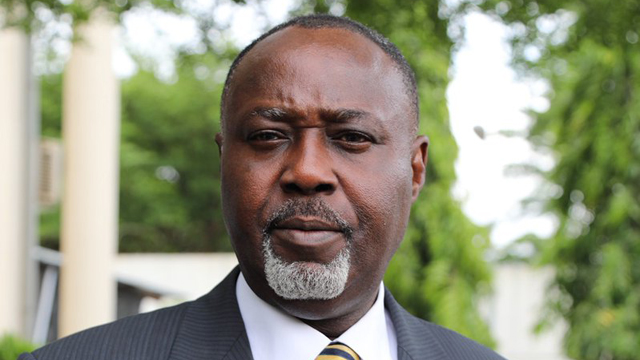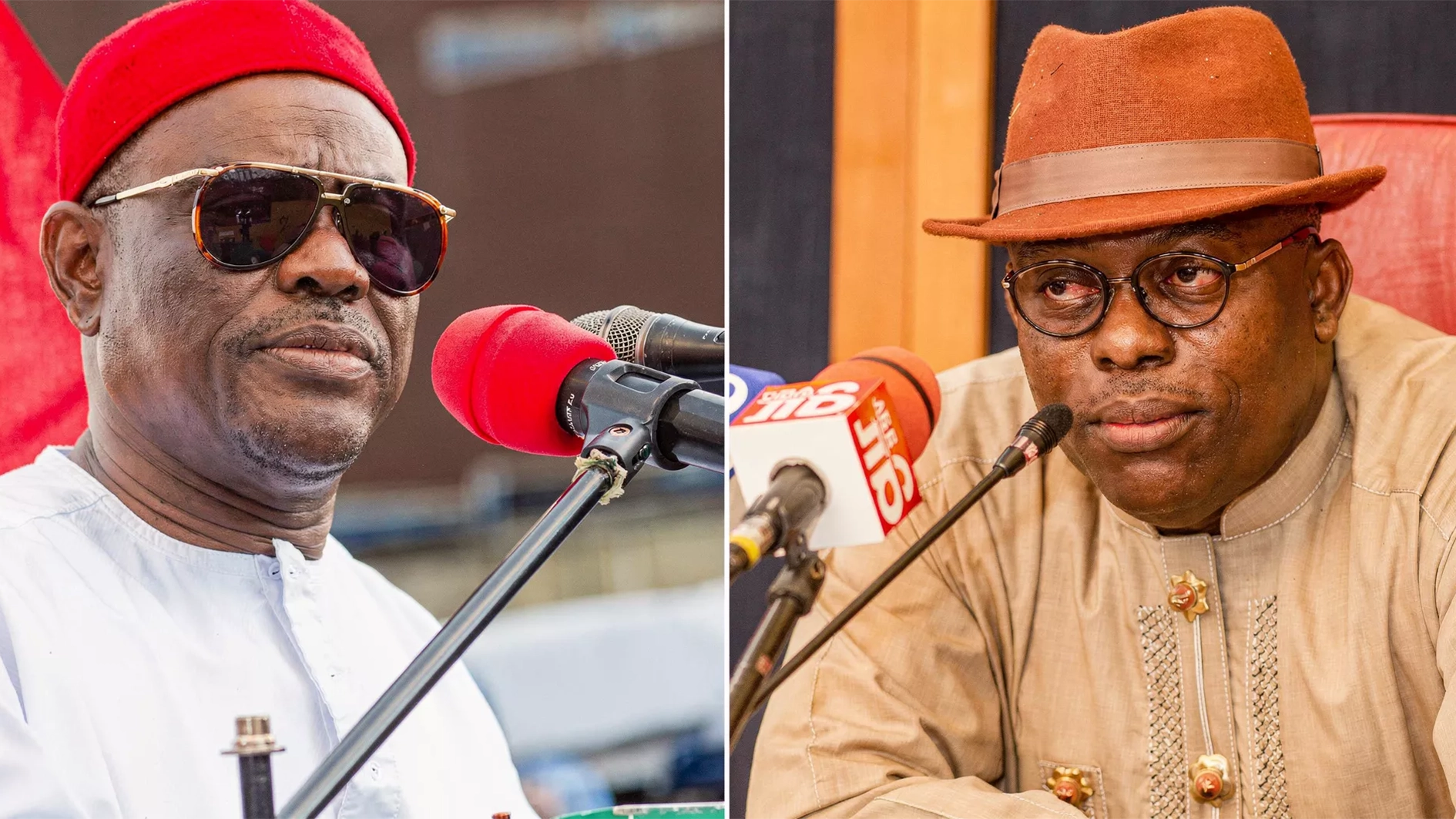• Awaits scrutiny of NNPCL’s response to N210tr audit queries
• Tinubu withholds assent to two bills, cites fiscal loopholes, policy conflicts
• Seeks approval to take $2.35 billion external loan
• House of Reps to vote on 87 proposals
The Senate has moved to tighten passport laws by proposing a 10-year travel document ban on Nigerians convicted and deported from foreign countries.
The proposal, which passed its second reading yesterday, is contained in a bill to amend the Passport (Miscellaneous Provisions) Act, Cap P343, Laws of the Federation of Nigeria, 2004. Sponsored by Senator Bello Sani Abubakar (APC, Niger North), the measure seeks to deter criminality abroad and restore confidence in Nigeria’s passport.
Meanwhile, the Red Chamber confirmed that the Nigerian National Petroleum Company Limited (NNPCL) had submitted responses to 19 audit queries, totalling a staggering N210 trillion, flagged in its accounts covering the period from 2017 to 2023.
However, President Bola Tinubu declined to sign two bills recently passed by the National Assembly, citing provisions that he said conflict with existing laws, threaten fiscal discipline, and risk creating unsustainable precedents in public administration.
He nonetheless wrote to the House of Representatives seeking approval to raise $2.35 billion from the international capital market. This includes $1.23 billion new loan to help fund the 2025 budget deficit, $1.12 billion to refinance maturing Eurobonds, and the option to issue Nigeria’s first-ever Sovereign Sukuk.
Barring last-minute changes, the House of Representatives is expected to take a stand on proposals concerning the devolution of powers, local government autonomy, judicial reform, socio-economic rights, and over 80 others in the ongoing Constitution amendment process.
Presenting the debate on behalf of the sponsor, Senator Mohammed Onawo said the amendment to effect the ban was aimed at redeeming Nigeria’s battered image in the international community.
“If a Nigerian is convicted abroad, his passport should be withdrawn for 10 years. This is a deterrent and a signal that Nigeria will not condone criminal conduct that soils her image,” Onawo said.
He lamented that crimes committed by some Nigerians overseas led to stricter visa regimes and discrimination against innocent citizens. “The green passport is increasingly discounted. Its sovereign pride has been severely diminished. That is a national emergency,” he warned.
Lawmakers rallied behind the bill. Babangida Hussaini (Jigawa North-West) emphasised the need to prevent non-Nigerians from obtaining Nigerian passports fraudulently, which has further damaged the country’s reputation.
Senate President Godswill Akpabio described the proposal as “a bold corrective step”, recalling a case in Dubai where robbers carried Nigerian passports but were later found not to be Nigerians.
The bill has been referred to the Senate Committee on Interior for further scrutiny and a public hearing. If enacted, it will make Nigeria one of the few African nations with laws penalising citizens at home for crimes committed abroad.
Chairman of the Senate Committee on Public Accounts, Aliyu Wadada (Nasarawa West), told journalists in Abuja, yesterday, that while the oil giant had delivered its replies, the submissions were still under review.
“Management of NNPCL requested an extension during our recess to enable them to compile data and respond comprehensively to the questions we raised – and we granted that request. They have since responded, and we now have answers to all 19 queries,” Wadada said.
He stressed, however, that the committee would withhold judgment until members had examined the documents.
The Senate’s probe is based on findings from audit reports that flagged massive gaps in NNPCL’s financial records, sparking public concern over transparency at the state-owned oil company.
Tinubu’s refusal to sign the two bills was formally communicated to lawmakers yesterday, when Akpabio read the President’s letters during plenary.
The President explained that while he recognised the objectives of the Nigerian Institute of Transport Technology Establishment Bill, 2025 and the National Library Trust Fund (Establishment, etc.) Amendment Bill, 2025, both contained provisions that could undermine transparency, economic stability, and good governance if enacted in their present form.
On the Transport Technology Bill, Tinubu flagged provisions that introduced unauthorised levies on trade, uncontrolled borrowing, and the power to invest government appropriations in securities.
He particularly objected to Section 18(4a) of the bill, which sought to fund the institute through one per cent of the freight on every import and export, without the approval of the Federal Executive Council (FEC). According to him, this would overburden businesses and create an unregulated revenue stream outside the normal budgetary process.
He also faulted Section 20, which allowed the institute to borrow up to N50 million without presidential approval. Tinubu warned that this could encourage repeated borrowing just below the threshold to evade oversight.
Similarly, Sections 21 and 23, which permitted investment of government-appropriated funds, were described as “fiscally dangerous” since the institute is not a revenue-generating agency.
Speaker of the House of Representatives, Dr Tajudeen Abbas, in a welcome address at plenary yesterday, assured that the House would transmit the approved amendments to the Houses of Assembly before the end of December to enable early concurrence ahead of the election season.
Abbas remarked that the recent national public hearing organised by the House Committee on Constitution Amendment was well-attended and highly successful, reflecting broad public interest and support.
He expressed the House’s resolve to finalise electoral reforms well ahead of the 2027 general elections to not only to strengthen measures against violence, improve access for persons with disabilities, and establish clearer timelines for resolving disputes, but also to reduce the ambiguities that trailed the last elections.
In a letter read by Abbas, the President cited the Debt Management Office (Establishment,) Act, 2003, requesting the lawmakers’ authorisation to raise new external funds, manage maturing debt, and tap innovative financing instruments to support government spending and infrastructure development.
The President said the country would access the $2.347 billion through Eurobond issuance, loan syndication, bridge finance facilities, or direct borrowing from international financial institutions.
He explained that the new external loan was necessary to bridge the gap between projected revenue and planned expenditure for 2025.
Tinubu also proposed issuing a debut Sovereign Sukuk of up to $500 million, which may include a credit guarantee from the Islamic Corporation for the Insurance of Investment and Export Credit (ICIEC).
The Sukuk, he noted, would diversify Nigeria’s investor base, deepen the capital market, and mobilise funds for critical infrastructure projects, while potentially repaying higher-cost debt.






